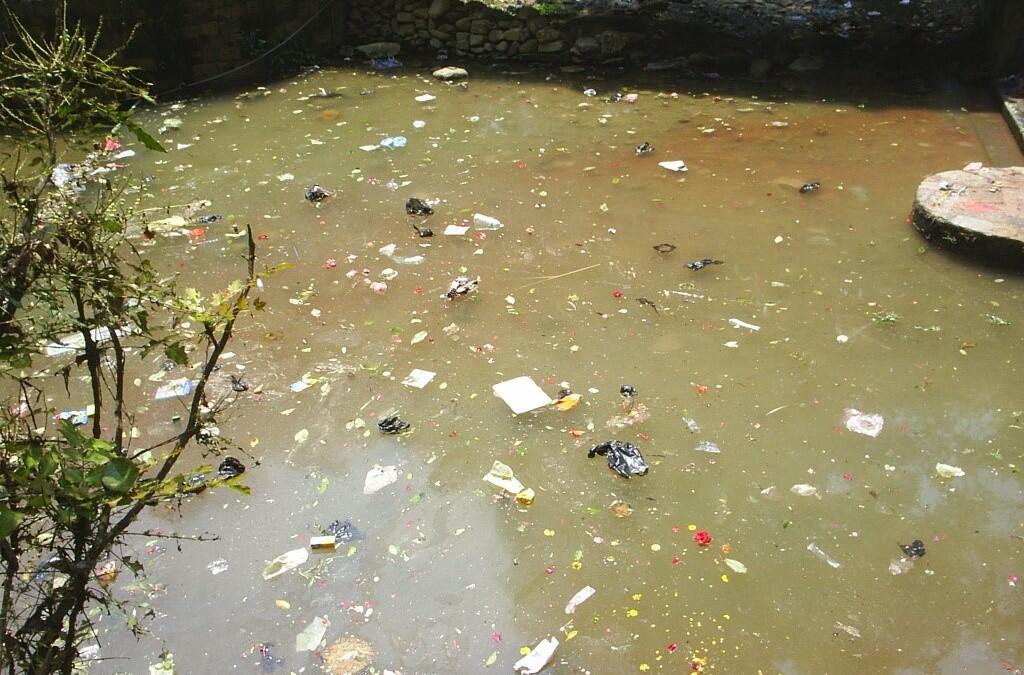Every second more than 200 kilos of plastic is dumped in the seas and oceans of the world, where they stay more than 8 million tons a year, according to the study “Plastics in fish and seafood” presented today by Greenpeace.
This report ensures that there is today an undetermined amount but very high – between 5 and 50 billion – fragments of plastic in these waters and that “excluding the pieces deposited on the seabed or on the beaches.”
Some of these residues can degrade and disappear in just six months, but others will take “several hundred years”.
In addition, experts from the environmental organization estimate that by 2020 the rate of production of plastics increased “up to 900% compared to 1980 figures” with over 50 million tonnes per year.
Half of this increase, they warn, “will occur in the course of the last decade.”
The accumulation of plastic in the sea “derivatives hundred percent of human action” has generated in recent years five major islands of garbage , street landfills composed of microplastics concentrated in the Pacific (2), Atlantic (2) and Indian (1).
80% of waste reaching the sea are generated on land and in this figure, 15% other 15% floating under the water stays on the surface and while 70% accumulates in the funds, so the waste that meets the eye “is the tip of the iceberg “.
Spain, in fifth place
The campaign manager of Greenpeace, Julio Barea, added Efe that Spain is in fifth place among European countries that plastic demand for use and cites as an example that every day “put into our market up to 50 million containers of this material, only beverage containers “.
Of that amount, “only 20 million are recycled properly” because the rest ends up in landfills, incinerated or “directly thrown into the environment.”
In addition to be a slower process than on land degradation in the marine environment it has a supplemental environmental impact by releasing toxic substances from containers “are not part of the natural cycle of marine nutrients.”
To draw attention to this issue, Greenpeace launched next Saturday 27 August, a two-week campaign under the title of “Best without plastic” in which a group of volunteers will organize awareness activities throughout the Spanish geography.
Up to 20 collected from abandoned in rivers, beaches and reservoirs in cities like Valencia and Mallorca will help to visualize events as much of this waste flow into the oceans through waterways waste.
“Better without plastic” also encourage users of social networks to participate by providing their testimonies and photographs to detect the presence of plastic in their environment.
Solutions NGO
In addition, Greenpeace administrations require solutions to “the mismanagement or neglect” of this pollutant material in both the marine environment and for land.
Strengthen measures to eliminate abandonment ensure proper packaging and recycled through the implementation of packaging return systems, as well as prohibit the use of microplastics below 5 millimetres- -the are some of the demands of the organization to Government.
Other measures recommended in this case citizens, pass to prioritize bottles and reusable or refillable containers, replace plastic bags for single use by fabric, baskets or carts, check that employees cosmetics do not contain microplastics polythene , polypropylene and nylon – and avoid items with excess packaging.











